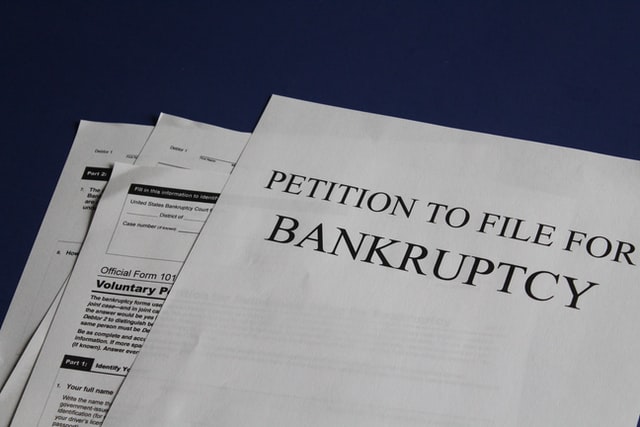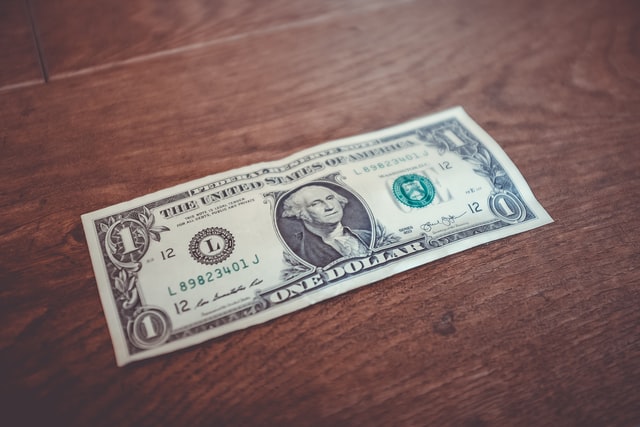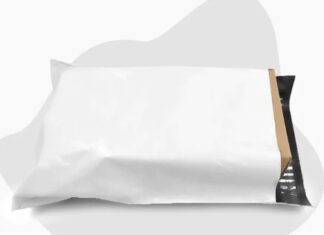Personal loans from friends, family or employers belong to common categories of debts that can be repaid in the event of bankruptcy. The discharge exempts individual borrowers from the legal obligation to repay pre-existing debts. Other types of redeemable debts include credit card fees, bills from debt collection agencies, medical bills, outstanding utility bills, and dishonest checks and court fees that were not considered fraud. Can personal loans be included in bankruptcy?
Filing for bankruptcy
There are two basic ways for individuals to file for bankruptcy, one of which is bankruptcy under Chapter 7, which means that most or all of your debts are written off, depending on which debts are considered to be written off. It is possible that in the event of bankruptcy under Chapter 7, also known as “liquidation bankruptcy”, the insolvency administrator liquidates or sells the assets of the debtor filing for bankruptcy in order to repay all or part of his debts to creditors.
Some personal property is exempted from bankruptcy as set out in Chapter 7, although there are restrictions on the value of the exemption. Examples include:
- Farm
- Motor vehicle
- Personal property
- Retirement Accounts
- Health aids
- Jewelry
Credit card or unsecured loans: this is the most common type of debt eliminated as a result of bankruptcy. Examples: department store cards, personal loans from credit union, banks or other financial institutions, payday loans and gas cards.

Exception: Excessive use of a credit card in the months leading up to the application can be difficult. The creditor may object to your request to eliminate the entire balance, claiming that you never intended to pay for these items. I have seen customers take expensive holidays or buy expensive goods before they go bankrupt, just to pay for excessive use or expensive goods after submitting the application.
Bankruptcy and your loan
Chapter 7 or Chapter 13 bankruptcies are two types of bankruptcies that people most often report to satisfy their unsecured consumer debts, such as credit card debt or personal loans.
- Chapter 7 bankruptcy – also known as liquidation – can wipe out many unsecured debts, although a designated trustee may be forced to sell property that is not covered by the exemption to help pay off as much debt as possible. Real estate that may be exempted from bankruptcy may include vehicles, basic home furnishings, and tools needed for work.
- Chapter 13 bankruptcy – also known as an adjustment plan or profit plan – will not erase your debt. Instead, you may be able to pay back a smaller amount of debt using a three or five year payment plan. Filing for bankruptcy under Chapter 13 may allow you to keep part of your property, such as a home.
Bankruptcy can be difficult for your loan, at least in terms of scoring. After bankruptcy, credit reports may be limited to 300 to 800.












